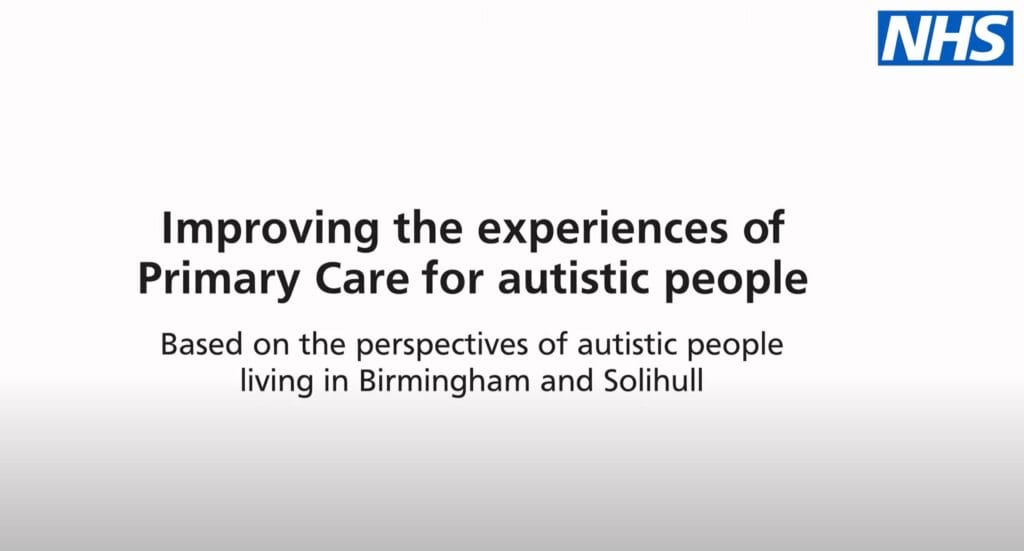Information for GPs and Primary Care Staff
There are lots of options available to support your patients with their emotional and mental health and wellbeing.
We’ve made it easy for you by putting all this information in one place. Below you can find information based on your locality and service type.
Making a new referral
- GP referrals
- Urgent and crisis referrals
- Self-referral options
- Referral FAQs
Referral forms
Enhanced RECONNECT
To be eligible for support from the Enhanced RECONNECT service, referrals must fall into one of the groups described below. Referrals from priority groups one and two are automatically accepted for assessment.
Priority group one: National Security Division (NSD)
- Critical public protection cases
- Convicted under the Terrorism Act or terrorist connected offence
- Terrorist risk service users who present a national security threat
Priority group two: At risk of extremism
Priority group three: Complex high/very high-risk offenders
- Meet at least six of the eight key criteria outlined below but are not eligible for IIRMS
- High risk of serious harm to others
- Mental health concerns
- Risk of self-harm or suicide
- Learning difficulties
- Current MAPPA Level 2 or 3 registration
- Drug or alcohol issues
- IPP sentence
- Screened into the Offender Personality Disorder Pathway
If an individual meets some of the criteria but not all, they may be assessed dependent on their needs and suitability.
Individuals must be involved with probation or another statutory organisation for risk management for the duration of their engagement with the Enhanced RECONNECT service.
Annual health checks for children and young people
This animation aims to help children and young people with a learning disability and their families and carers better understand what to expect from an annual health check.
The animation, which was co-designed with health professionals, care professionals and a group of young people with learning disabilities, answers questions that children and young people (and their families/carers) may have and explains what to expect before, during and after their annual health check.

Please share this animation with your patients.
If you need a downloadable version (to upload to practice TV screens for example) please visit: https://vimeo.com/bchc/ahcanimation and click on the ‘Download’ icon.
Improving the experiences of Primary Care for autistic people
This video aims to improve the experience of Primary Care for autistic people.
This video has been co-designed and co-developed with autistic people in Birmingham and Solihull and explores some of the challenges that they can face when accessing their GP practice.

This video is for anyone working in primary care and other healthcare settings.
If you need a downloadable version (to upload to practice TV screens for example) please visit: https://vimeo.com/1101202101 and click on the ‘Download’ icon.
Services information
Find out what services are available in your area:
- Neighbourhood Mental Health Teams – Community Mental Health and Wellbeing Service (includes downloads for GP Quick Guide etc, roles, aims of service, pathway etc)
- Community Mental Health Teams
- Birmingham Healthy Minds
- Talking Therapies (Previously known as IAPT)
- Children and Young People’s Services: Forward Thinking Birmingham and Solar Solihull
- Eating Disorder Services
- Older Adults Services
- Complex Emotional Trauma/Personality Disorder Services
- Rehabilitation Services
- Home Treatment Services
Community Mental Health Transformation Programme
Useful contacts and staff directory
- Community Mental Health and Wellbeing Service Hub managers
- CMHT and HTT contacts
- Questions about medication
- Mental Health Helpline
Information and resources for patients
Mental health conditions A-Z
Medicines information
GP news and bulletins – more information coming soon!
- Latest newsletters
- GP specific comms updates
- Videos for professionals
- CMHT and HTT contacts
- Upcoming calendar events e.g. GP engagement
- Join our GP working Group
- Regular data dashboards
- Specific GP/Primary Care resources i.e. medical monitoring for Eating Disorder patients
Formulary
Birmingham and Solihull Mental Health NHS Foundation Trust adheres to the formulary developed by the Birmingham and Solihull Integrated Medicines Optimisation Committee (IMOC).
The IMOC has representation from all the local NHS secondary care providers, the Integrated Commissioning Board and local GPs. The formulary encourages safe, rational and cost-effective prescribing, and a unified choice of treatment for patients in the region to ensure seamless transition of care for patients.
The formulary is found http://www.birminghamandsurroundsformulary.nhs.uk/





